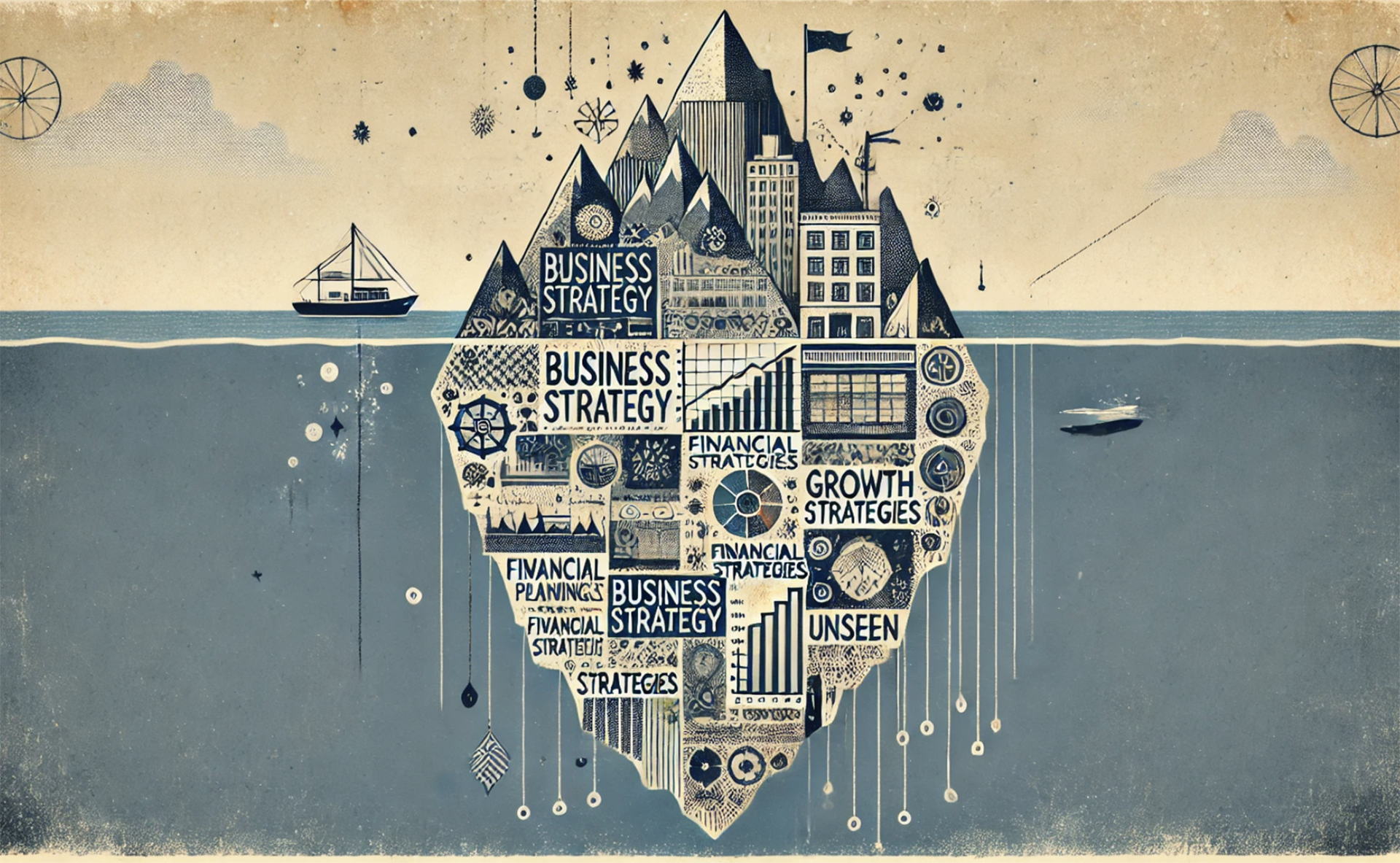You have been a junior designer. Or a senior marketeer. You have freelanced as well as held positions in small and big companies. However, a new idea has been growing in the back of your mind. You think about starting a creative agency. This new business venture will change your professional and personal life for good. It is an uphill climb, but you will learn so much in the process. So many things will be different when you are the one determining your success. Your working hours, your responsibilities, the number of collaborators and, hopefully, of clients will increase.
Having your own agency means that you can materialize your vision the way you want. In your quest for your ideal creative agency, you will need the right people next to you. Professionals with skills, professional mentality, and positive character. When you become the boss, you should never forget that you were one of them. So, you have to respect and strive for the financial and psychological well-being of your employees while they are under your professional roof.
Of course, the road to success is paved with actions you have to take and decisions you have to make. Read on to discover the basic steps to building a creative agency. But first things first, we need to define what a creative agency is so that we are all on the same page.
What is a creative agency?
This kind of business is responsible for an amalgam of advertising, design, communication, and marketing services. A creative agency is a business to hire when you need to reach a broader audience by making audiovisual content for online and printed marketing channels. Some agencies specialize more in specific services, and that is how advertising, design, and digital agencies have been born.
In plain words, agencies are groups of talented people combining their creative skills. Their end goals are to serve a client’s need to reach a wider audience, get more exposure, or rebrand their business through design and content, amongst others.
Decide which services you will be offering
This can be a vast topic of discussion, but it surely needs a concrete answer. You know that you are launching a creative agency, as its name indicates, which belongs to the creative industry. However, they are so many focal points so you should decide what kind of services you would like to offer. For example, if you have extensive experience in graphic design, you could base your agency on that.
At the beginning of your agency’s journey, it is always wiser to stand on your own feet and knowledge to grow. When financial conditions permit it, you may choose to expand your business horizons and offer more services. Of course, this is not necessary since many agencies decide to focus on one kind of creative service and become the best in that respective field.
Be wise when choosing a niche
Happy businesses and professionals are the ones that have found the niche that their content speaks to. They have made the right connections and have found the right ways to approach their target clientele. For you, as a rising agency owner, you have to choose between servicing B2C or B2B companies, small or big businesses, or everything altogether. Your decision should come after meticulous research and calculations.
Our advice is that you need to choose a niche and guarantee a substantial piece of the pie. For instance, focusing on B2B companies may allow you to work with key players in the business market, and even close long-lasting deals with them. A specific pool of targeted clients will relieve you from the need to constantly learn about a new business or industry, which takes time and effort. Let us not forget that you can create a name for your agency if you choose to specialize in specific industries or business sizes. At some point, your creative agency may be the first one that pops into a company’s mind when looking for design services.
Baptize your creative agency
Not having a name is close to not existing. After finding what you will offer and to which target clients, it is time to think about a name. That name will be invaluable. It will be central to your agency’s branding as well as your first marketing move. Above all, it will carry your agency’s reputation on its shoulders.
When visualizing it, you have to brainstorm about its timelessness, its availability, and its appropriateness for your creative agency. Many agency owners decide on sneaking their name on the agency’s name. It is only logical since the owner and the agency will be able to both advertise the work done under the same name.
Decide on your agency’s headquarters
Your creative agency needs a home—a place where your teams will work, build their designs, and grow. Physical spaces are still indispensable parts of businesses. Having headquarters can help your team collaborate better, impress clients when visiting, and show that you are a legitimate business entity. Your team’s abilities are the most important aspect of your agency. However, your studio’s aesthetics and its modern workspace will influence positively any prospective clients.
Embrace the norm of remote working
Not being a remote company does not mean that you cannot have business associates or employees that practice telecommuting. If you have set up a communication app, a time tracking software, and a project management tool, then you have nothing to worry about. Online meetings, the process of decision-making, and feedback exchange can still take place without a problem.
Determine which positions you have to fill
Depending on the capital you have available initially, you will be able to hire the right people to assign responsibilities and duties you cannot fulfill. For example, a creative agency needs a CTO who will be the technological leader. You should also consider finding a partner to share the load of running the business. Naturally, you will also hire (full or part-time) designers, marketers, and developers that will work on the agency’s projects, each offering their expertise.
If your business connections do not guarantee you a stable clientele, then you should also think about hiring 1 to 2 salespeople for lead generation. A business is never complete without financial and legal organization. Thus, you need an accountant and a business lawyer, but you can always outsource these services and save some money.
Implement and organize working processes
As you can imagine, you need to set an example in organizing your creative agency. Optimal working processes and well-structured systems will take things off your hands. They will also give your employees the chance to feel empowered, driven, and conscious of their responsibilities within their job’s reach. Thus, you should work on establishing processes around all the different funnel stages. Processes about finding clients for the acquisition as well as project development and timesheet management.
Let us not forget the ways you choose to deal with existing clients. At the beginning of your journey, the departments of sales, marketing, design, customer support, and accounting will not consist of myriads of people. However, a robust set of processes and automation will create a strong foundation for your business. It will also guide old and new employees as well as streamline your creative agency’s success.
Set up your rates
Before launching your agency, you need to structure your fee system. You have to concretize all the details around the payment process. Basically, you should decide if your and your team’s work will be billed per hour or project (or both depending on the client or project). At the same time, payment terms with extra charges, penalties, and payment incentives should be put together and followed religiously.
A good idea would be to create different kinds of retainer fees. In this case, clients may need your services continually, and that is why a form of membership should be available. Retainer fee systems are less expensive for clients and provide cash flow security to your agency.
Work hard to build your client base
Last but not least, the ultimate way to success is to know your clientele. Then it will be easier to enrich your existing clientele. Or build it well from scratch. The most precious but most difficult advice to follow is to not accept any project or client for the sake of having work to do and paying the bills. Being eclectic by accepting or denying working with specific clients based on their reputation, values, and business habits is important. Having criteria on which clients you invite onboard your ship limits the risk of getting scammed.
To conclude, starting a creative agency takes time, money, and business experience. You will learn more about administrating your business as you go. However, all the steps discussed in this blog post are essential to setting a firm business foundation. Find the right team, space, and name and reach your growth potential at full speed.






